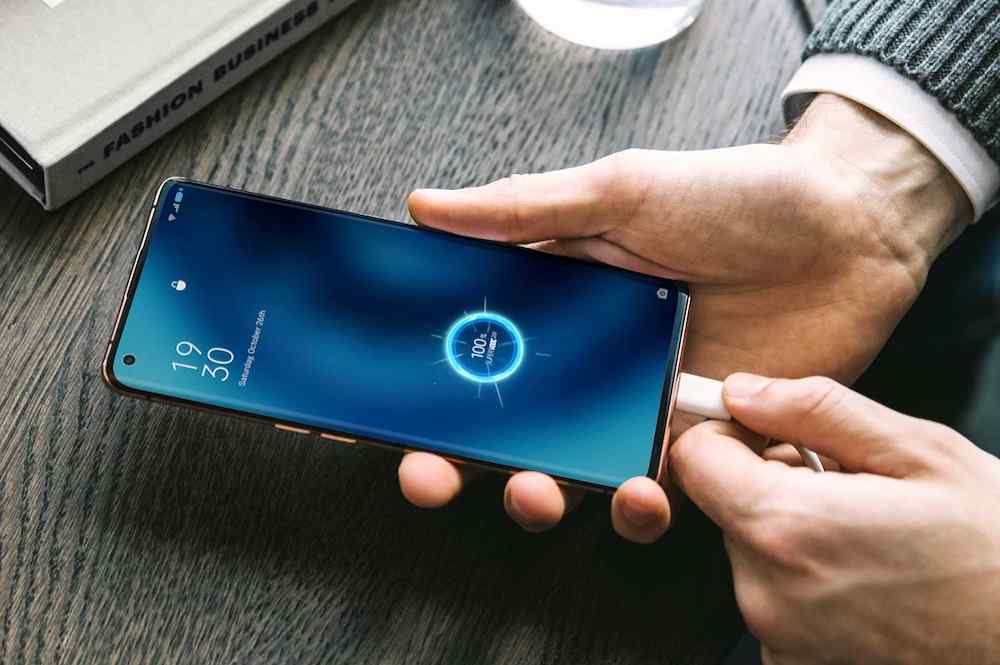My phone feels heavier when charged. Is this possible, or is it just a figment of my imagination? Yes, a phone does get slightly heavier when fully charged.
However, the difference in weight between a fully charged and an empty battery is minimal.
Furthermore, an ordinary weighing scale cannot detect it, and the additional mass is lighter than a grain of rice.
Charging or discharging a battery is a chemical reaction driven by an electric current. Lithium ions migrate once from the beneficial aspects to the negative cathode and return when a phone is turned on.
Why Does My Phone Feel Heavier After Charging?
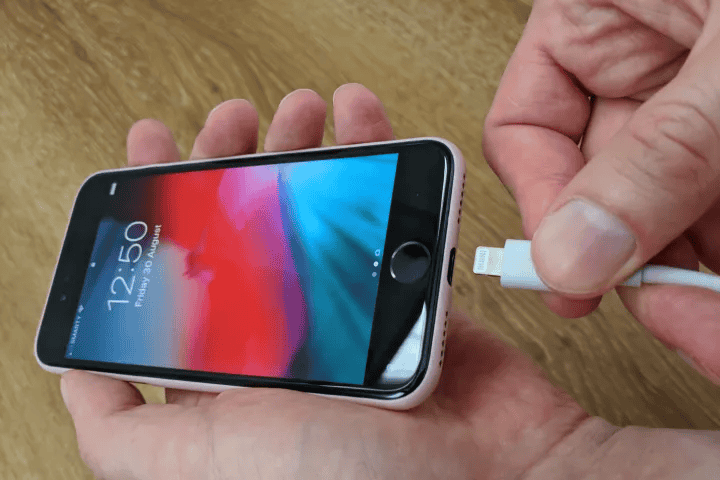
A fully charged battery will hold a constant number of electrons. Mass in a storm can decrease, but not the number of electrons.
The phone battery still stores electrons even though it is empty. What happens is that electrons move from one electrode to another.
Your smartphone’s battery is a bunch of chemicals and metals. They are parallel and parted by non-conductive layers, and there are positive and negative electrodes in an electrolyte solution on the inside.
The transfer of lithium ions from positive to Phone Feels Heavier negative electrodes occurs when you charge your phone.
It happens through the Phone Feels Heavier electrolyte solution, and as a result, the battery can store energy. The system works because of the circuitry control, which prevents overheating or overcharging.
Does Your Phone Get Heavier With More Data?
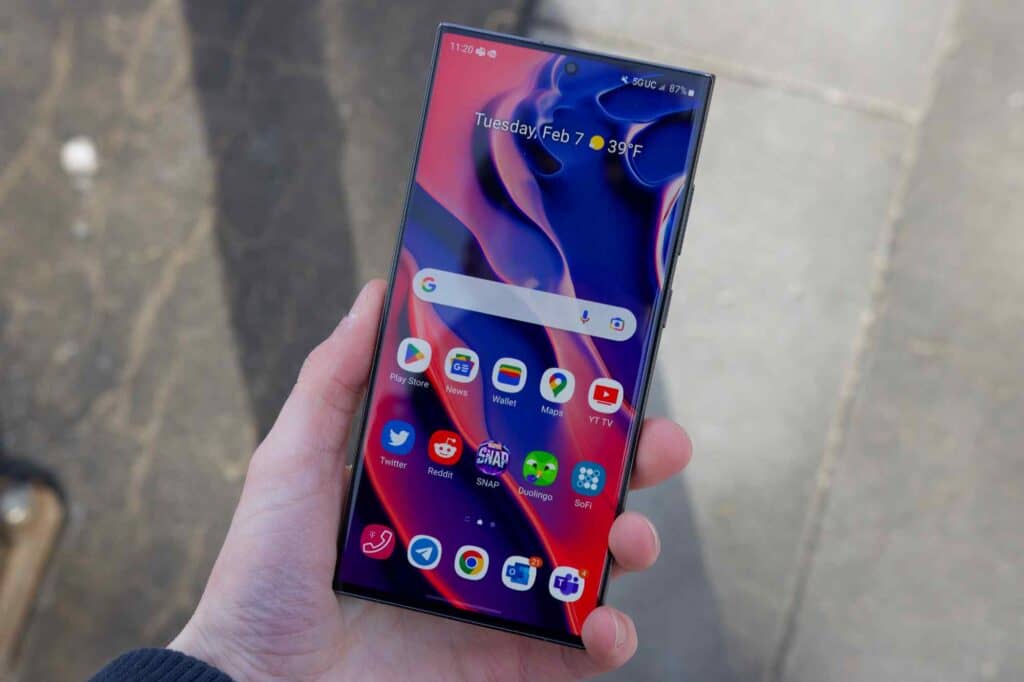
The buildup or absence of electrons in the mobile phone memory represents the data. Magnetic properties are present in memory atoms.
The location or direction of these atomic groups corresponds to the amount of data they store. The amount of energy they keep will depend on their alignment.
Energy is equal to mass, so the conclusion is that adding data to your phone’s memory will add weight.
However, as mentioned above, humans will not necessarily feel the increase in weight, and ordinary scales will not be able to detect it.
A byte of data in memory weighs about one attogram, and memory stores data as 1s and 0s.
A phone’s memory works by utilizing electrons to distinguish between 1s and 0s. Increasing the amount of data will not change the number of electrons.
But it will increase the energy level, which Phone Feels Heavier makes the weight heavier. Although the weight will increase as the number of data increases, humans cannot feel the weight change that only grows by an attogram.
According to Weber’s Law, humans can Phone Feels Heavier only detect a difference in weight if it is greater than 5%. So, if your device weighs 150 grams, you’ll need an extra 7.5 grams of data to notice a difference.
Are Smartphones Getting Heavier Nowadays?
Almost all smartphones available today have a camera. Many of them have high-resolution cameras to produce high-quality photos or videos.
Excellent camera quality means you need a bigger sensor. Cameras on smartphones are proving to be one of the top-selling factors.
So manufacturers are competing to create cameras with the best quality.
One way is to create multiple or even two cameras on one smartphone. The number of cameras on a smartphone affects the size of the device.
It s because they require more processors and thus require more energy. Processors generate heat when working.
Therefore, manufacturers create bigger smartphones to release heat quicker, unlike laptops, where manufacturers can load a cooling fan.
The bigger the size of your smartphone, the more it weighs. Smartphones generally have screens measuring 6.5 inches and above.
In the past, the standard screen size was less than six inches. Today’s smartphones weigh an average of 200 grams and above, while the normal weight was 125 grams and below in the past.
The primary materials for smartphones are glass and metal. The bigger the design, the more they need that key material, resulting in a heavier phone.
How Does Smartphone Charging Work?
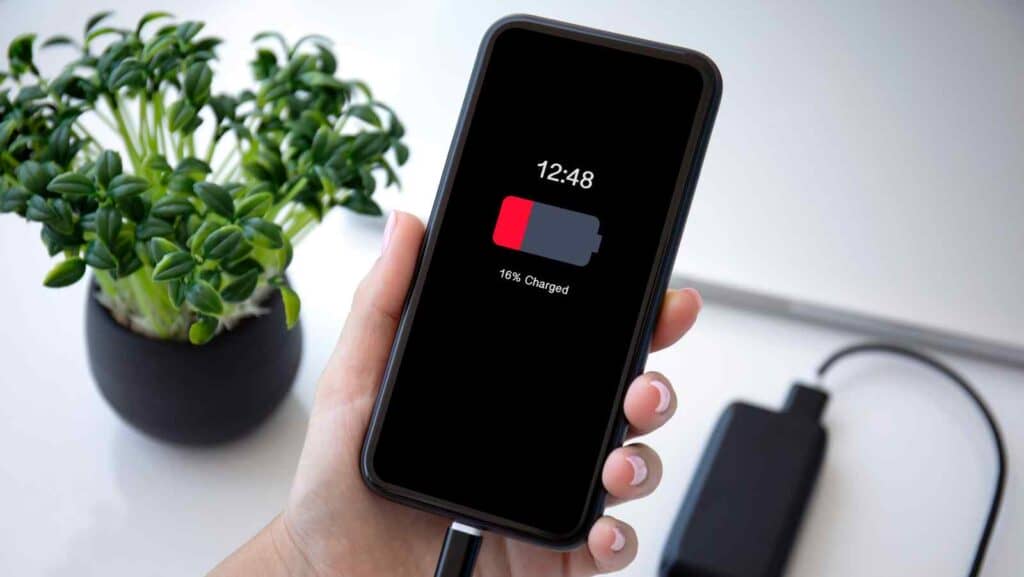
Smartphones have a system that controls the battery inside, maintaining battery life and preventing battery damage or sudden death. It is also for safety reasons to avoid overcharging and subsequent overheating.
When lithium ions go from the negative to the Phone Feels Heavier positive electrode, chemical energy is transformed into electricity.
The Phone Feels Heavier number of ions at the Phone Feels Heavier negative electrode indicates the battery’s power. You can see this as a percentage of the battery charge status on your smartphone’s screen.
How Does a Smartphone Prevent Overcharging?
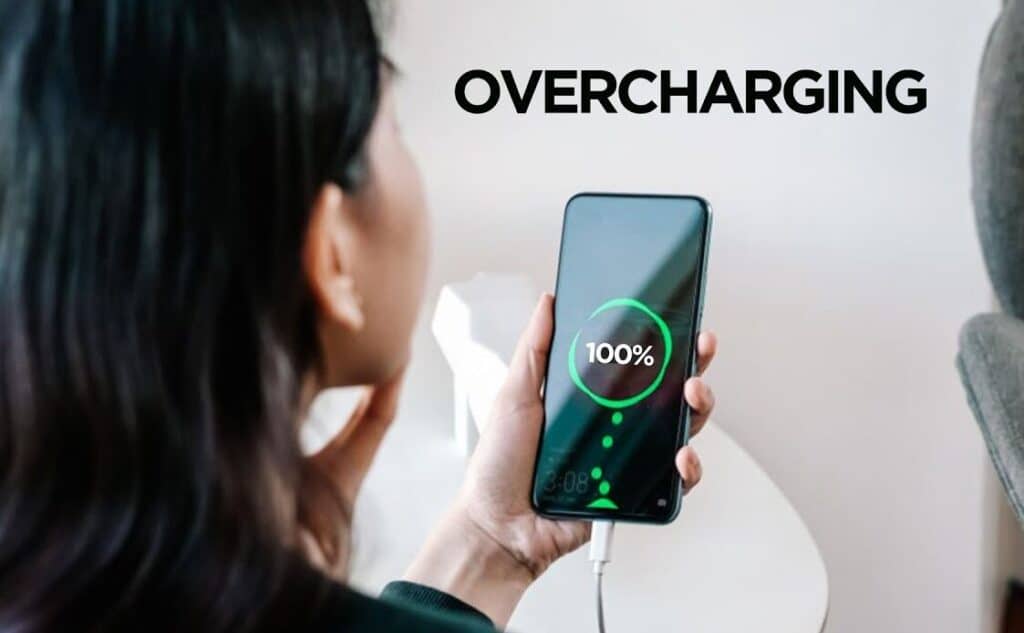
The absolute limit for the number of ions at the negative electrode is 0% and 100%. However, if you often let your smartphone reach these two points, it will quickly damage your battery.
Manufacturers create a system where the absolute limit on the screen is not the actual whole number. For example, when the Phone Feels Heavier battery on your smartphone shows 0%, it still has some ions at the negative electrode.
And even when the screen indicates the battery is complete, if it has a greater voltage limit, it will continue receiving ions at the positive electrode.
Control of the state of charge aims to prevent overcharging. Overcharging occurs because the battery receives a voltage beyond its capacity, thus causing heat.
There are three phases for charging a smartphone battery. The first phase occurs quickly to ensure the charging is much higher than the discharge process.
The process continues to the second phase when the battery charge has reached 80%. In this phase, the voltage is pretty constant, but the charging flow becomes slower until reaching the level of 100%.
When it comes to 100%, it will progress to the third phase, where the charging current flow equals the discharging current.
As a result, there is a balance in the level of charging and discharging. This stage allows for the prevention of overcharging. So even if you charge for hours, the battery scale display remains 100%, not rising above it.
Summary
Although, in theory, smartphones do get heavier when fully charged. The weight also increases as the data they store in memory increases.
The increase in weight is so slight that an Phone Feels Heavier ordinary weighing tool cannot even detect it. You can only feel the difference in weight if it exceeds 5% of the actual weight.
Another factor that makes smartphones feel heavier is the design and type. Here you can feel the physical weight without complex physics calculations.
Returning to the statement: “my phone feels heavier when charged,.” It is impossible because you will need precise physics calculations and a compassionate weighing tool to detect the increase in weight.
